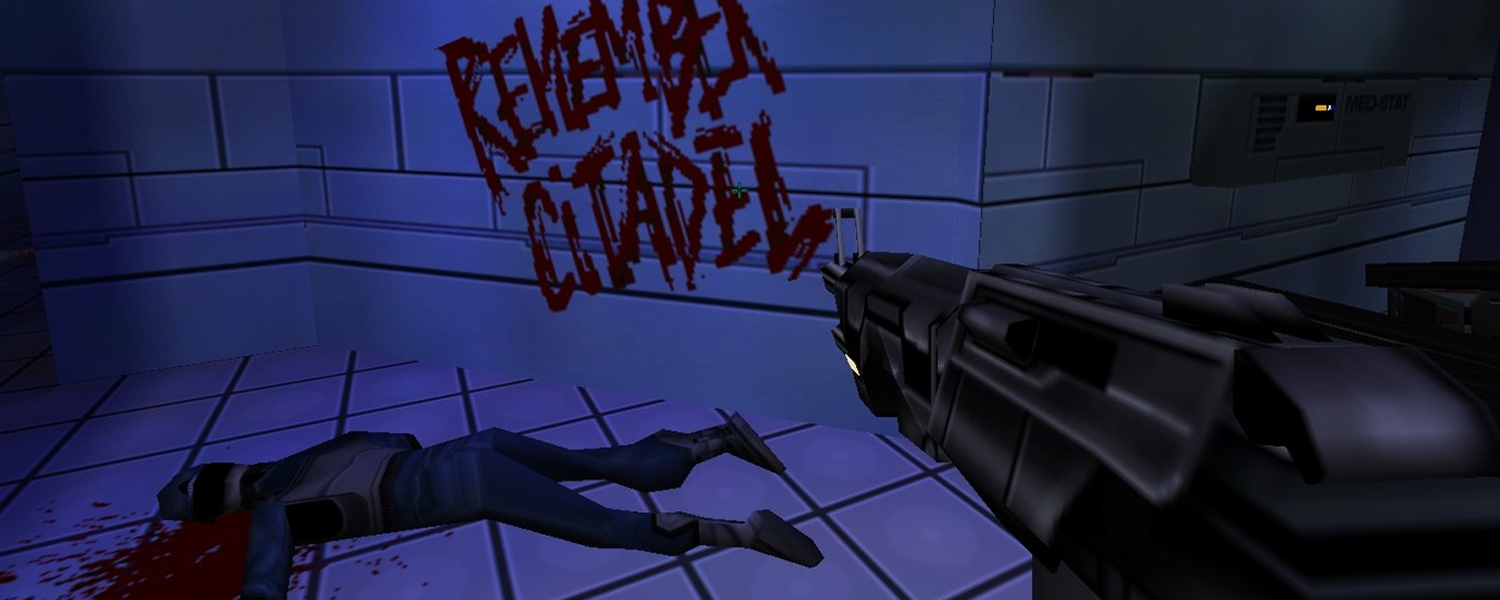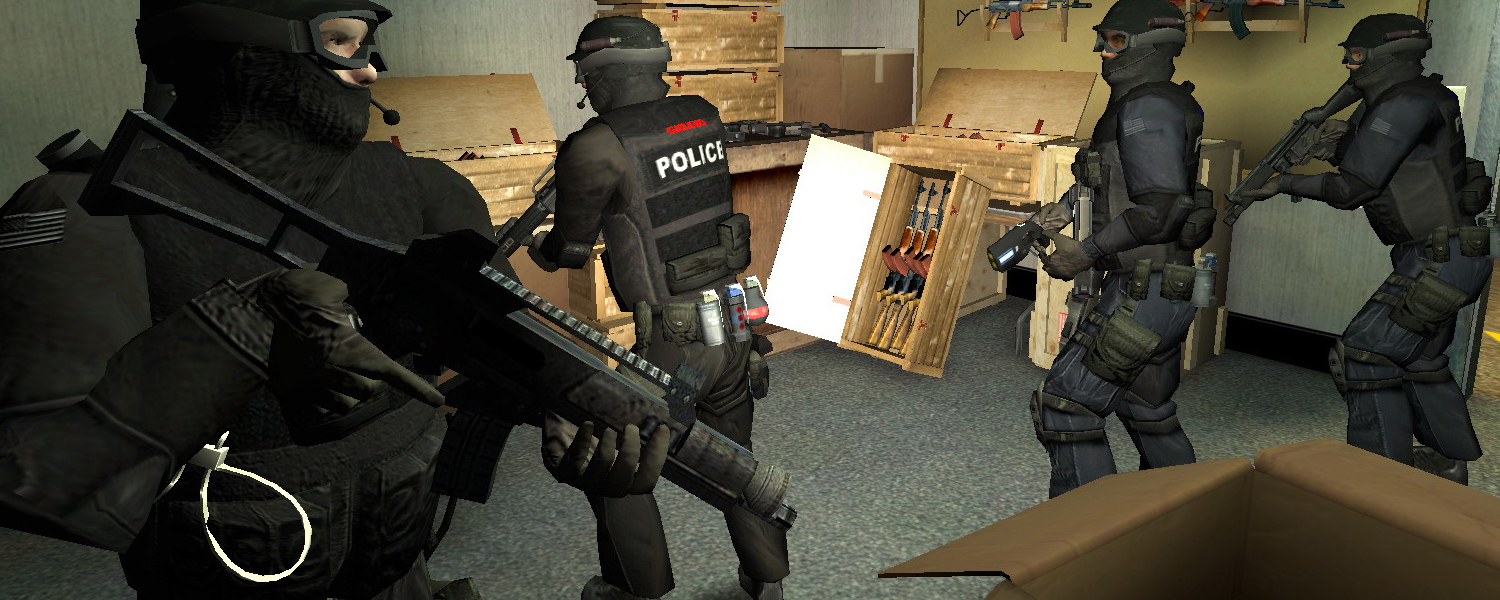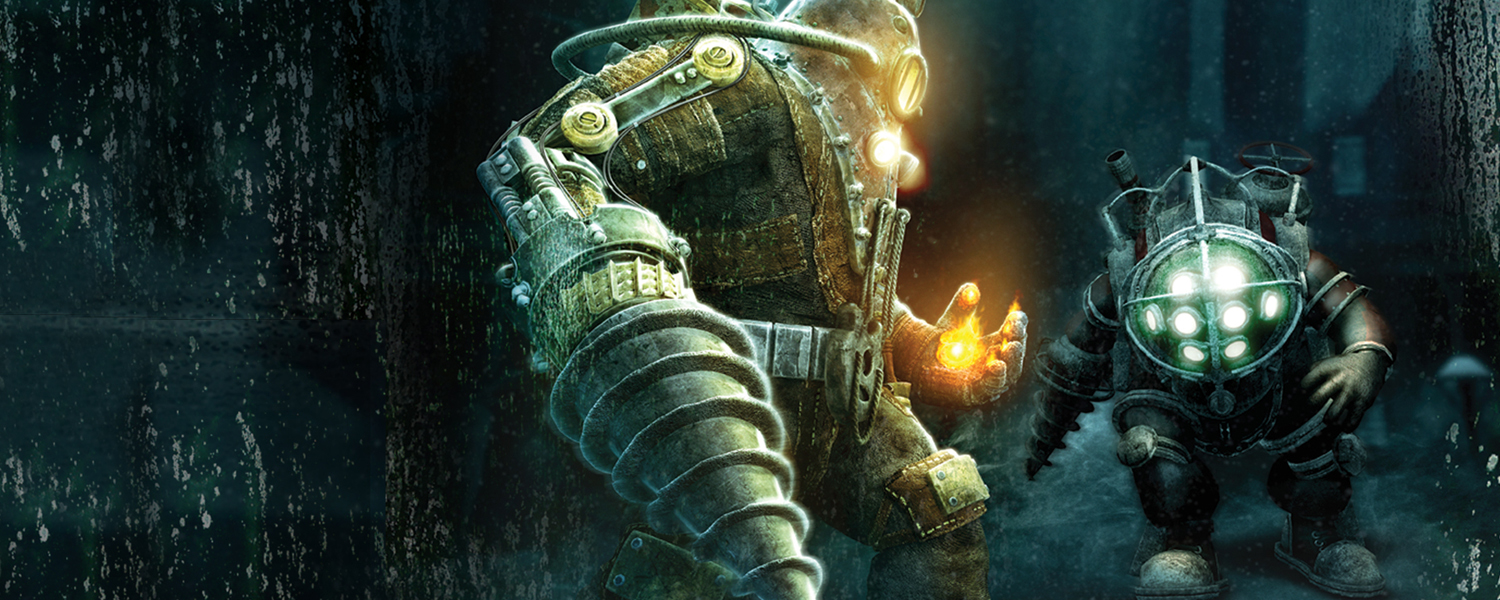From the ashes of Looking Glass Studios (one of the more remarkable developers in gaming history, with critical and cult successes such as Thief and System Shock under their belt) rose Irrational Games, pioneered by Ken Levine, Jonathan Chey and Robert Fermier. Such as it was, LGS was the launching pad for many studios such as Ion Storm (Deus Ex), Harmonix (Guitar Hero) and Arkane Studios (Dishonored), yet it was Irrational Games that arguably stood out the most within the past decade, and Levine’s voice and beliefs that drove the studio into critical and commercial acclaim; Levine’s name was easily the standout and the go-to person to quote and interview, despite Chey’s helm with Irrational Canberra, and Fermier’s otherwise small stint with System Shock 2, leaving afterwards to join Robot Entertainment in Texas.
Despite Irrational’s critical and commercial acclaim, only a handful of games were ever developed by them. It was 1999’s System Shock 2 that launched them into acclaim, and it was System Shock 2 that would forever redefine and shape their success.

System Shock 2 was something new. Having never played it in its release (seeing as I would have been 7 at the time and playing something like that would have traumatised me for my childhood) I couldn’t begin to fathom its depth and influence at the time, but much like Deus Ex (another ActionRPG ahead of its time) I could appreciate it further down the line. System Shock 2 was an amalgamation of survival horror, action and role-playing executed to terrifyingly difficult design and seamless transitions between each genre. It is impossible to appreciate Bioshock without first experiencing System Shock 2; much of its DNA is embedded in System Shock. Hacking, upgrading your character, research mechanisms and resurrection machines: all huge parts of Bioshock that originated with System Shock 2. The sound design was incredible; even in 2014 creeping along a corridor will have you at the edge of your seats as you hear every creak and crash of the horror infested spaceships, but outside of the fantastic aesthetics and punishing difficulty it was SHODAN that really stood out. One of the most memorable characters in gaming, SHODAN was the forerunner for unique characters such as GLaDOS as a terrifyingly cruel and cunning AI system that defied tropes and stood out as one of the best parts of a game with such highs. Yes, System Shock 2 (made with a development team of a dozen people) was the pinnacle of ARPG despite its flaws and it laid the groundwork for future titles.

Unfortunately I cannot comment on Irrational’s next titles, Freedom Force and Tribes Vengeance seeing as I never played them. However, it was SWAT 4 that further cemented Irrational’s popularity: a tactical FPS that was so realistic that no tactical shooter has come close to replicating SWAT 4’s success. SWAT 4 simulated real life police scenarios to a maddeningly accurate and realistic degree, encouraging non-lethal approaches, punishing players for running and gunning and with an insanely high difficulty curve: yes, SWAT 4 was a tough game, but it was fun, tactical and incredibly deep. While clearly not an example of Irrational’s success in narrative terms, it showed their talent with deep and rewarding gameplay. Disarming suspects, clearing rooms methodically and using deadly force (authorized or not) were all incredibly thrilling and difficult, killing you with a single wrong step. It made for tight, focused and ultimately maddening gameplay. Yes, SWAT 4 was a true tactical game and no FPS has matched its intensity, its depth or its difficulty since.
Two years later Irrational released Bioshock, the game that shaped their status and launched them into critical and commercial acclaim. From a concept developed by Levine, Bioshock launched players in a 1960’s underwater city called Rapture, one of gaming’s most immersive settings ever created. The Ayn Rand influences and philosophy were evident and most of all, worked, as Irrational created one of the most mature, thought provoking and in depth games that ever graced our systems. The morality based storyline was a little too black and white, but this was seen as a mild detractor to the experience, as the story itself was fantastic, with amazing voice acting and a story that never stopped twisting and turning, resulting in one of gaming’s most famous plot twists. Yes, Bioshock’s success is still talked about to this day and is seen as a frontrunner of true art in gaming.

Yes, it was Bioshock that launched Levine’s artistic brilliance and Irrational’s focus for narrative driven games, and it very well may have been their downfall. Bioshock Infinite was quickly regarded as another incredible game, another worthy successor to the Bioshock franchise and one of the greatest games created (and one deeply embedded in the System Shock 2 DNA), yet the acclaim has been somewhat dulled. It’s exploration of American exceptionalism and fundamentalism was brilliant and unique, as was its theme of multiple realities, racism, free will and rebirth. Bioshock Infinite toyed with plot threads that were breeding grounds for plot holes and nonsensical conclusions, yet it executed them to near perfection. Yes, the plot was revolutionary, the relationship between Booker and Elizabeth (the two protagonists) fantastic and it constantly twisted and turned much like the original, yet later detractors decided it was all in vain. The gameplay for one was seen as very basic and dull, and despite a VERY promising E3 demo in 2010, the final result was so drastically different it instilled disappointment for people hoping for a more open-ended experience. Elizabeth’s powers weren’t utilized well, and the two gun limit was very limiting.
Despite this I still hold Bioshock Infinite in very high regards, and despite its pedestrian gameplay the story is still something I can pick apart and analyse, and will continue to do so for years on end. I have no idea why Ken Levine decided to lay off most of his staff, it’s clear that he is sick of AAA gaming and that Infinite burned him out. His new approach towards narrative driven games has me very excited, yet my sympathy goes out to the hundreds of people out of jobs. Irrational at this point, IS Levine, and his vision and creativity has never wavered or been wrong.
Good luck Irrational.



